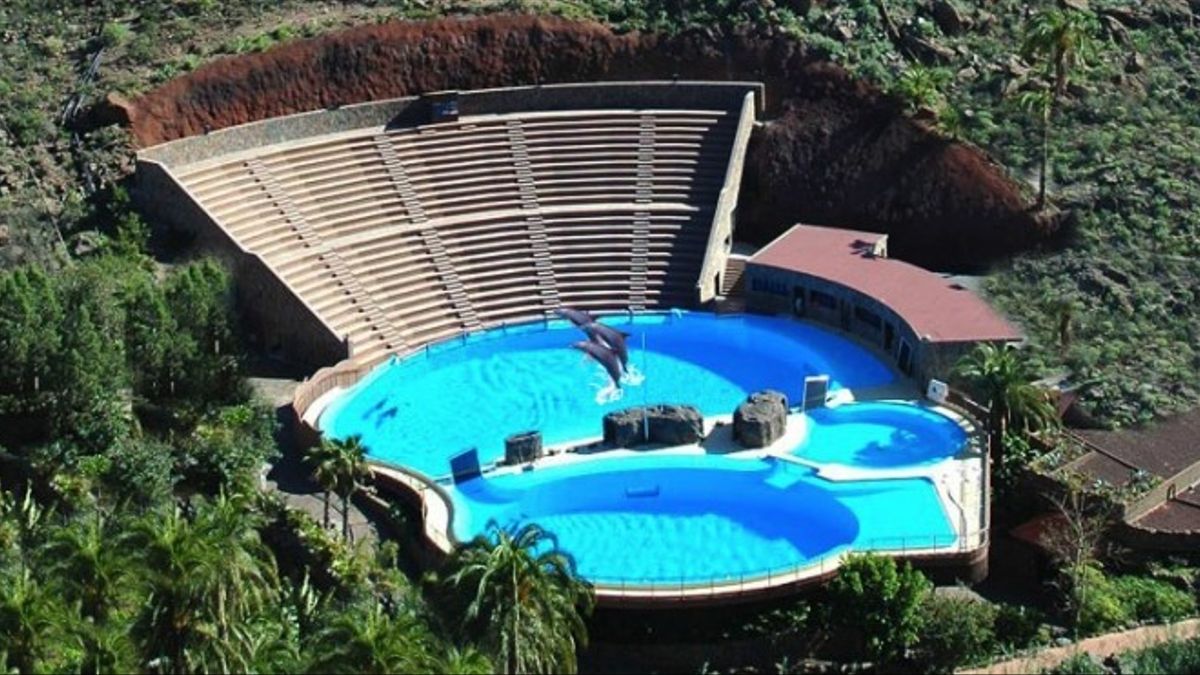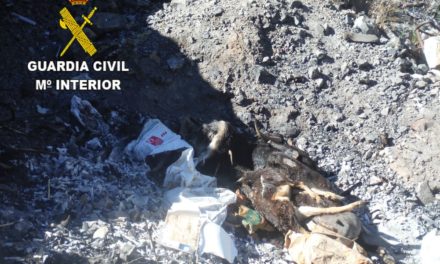Palmitos Park, located near Maspalomas in the municipality of San Bartolomé de Tirajana, on the south of Gran Canaria, has been trying to overturn a sentence from the Superior Court of Justice of the Canary Islands (TSJC) that, back in June 2017, declared their dolphinarium inaugurated in 2010 as illegal. Dolphins at Palmitos Park have been performing in that unnatural environment for a decade. The Supreme Court issued an order on October 7 that reaffirms that judicial resolution by not admitting an appeal filed by Aspro Parks, the company that operates the zoo, which is located within the protected area of the Pilancones Natural Park.
The high court stated that the controversy lies in the interpretation and application of regional law and, therefore, the Canary Islands Superior Court of Justice is the competent body to resolve the issue, who had already ruled against the interests of Aspro Parks both in the judgment of 2017 and in two proceedings dated in 2019 (one of them for clarification) at which the appeals of the company were also ruled inadmissible.
Palmitos Park, and Aspro Parks, had tried to obtain permits through various channels. They had asked the San Bartolomé de Tirajana Town Council for a territorial qualification as far back as in 2007 to start the works, but received unfavourable reports from both the local administration and the Cabildo de Gran Canaria island government, who reminded Aspro Parks that the urban planning instrument required was, what is known as, a special development plan, as the project involved expanding the park’s surface by at least 20%. Despite this refusal, the company started and concluded the works without approval.
In July 2011, the company tried again, retrospectively, through another formula, using the Territorial Action Project (PAT) designed for constructions of “small dimension and little significance”, again receiving an unfavourable report from the Town Council of the main tourist municipality on the island. Then it became apparent that the theme park operator was exploring other avenues when, in January 2013, the Canary Islands Regional Government’s Land Management and Environment Commission (COTMAC) ruled that the environmental assessment was not necessary afterall, to legalise the dolphinarium, since it was, what they classed as, a small territorial actio; followed two months later, by the Government of the Canary Islands declaring the initiative of public interest, and of “great territorial importance”.
The TSJC concluded that the regional government had violated the regulations in “several essential aspects” in a retrospective attempt to try to regularise the construction, which breached of the General Plan of San Bartolomé de Tirajana, the primary planning document from the local town hall, to exempt the company from their requirement for an environmental evaluation report. The Canarian high court ruled decisively against Aspro Parks, then imposed procedural costs on the company, which amounted to just €3,000. Now, the Supreme Court has sentenced them to pay another €1,000.
Calls to empty the tanks and demolish the illegal constructions have been getting louder over recent years, and will now pick up pace with no further legal avenues open to the theme park operator.













